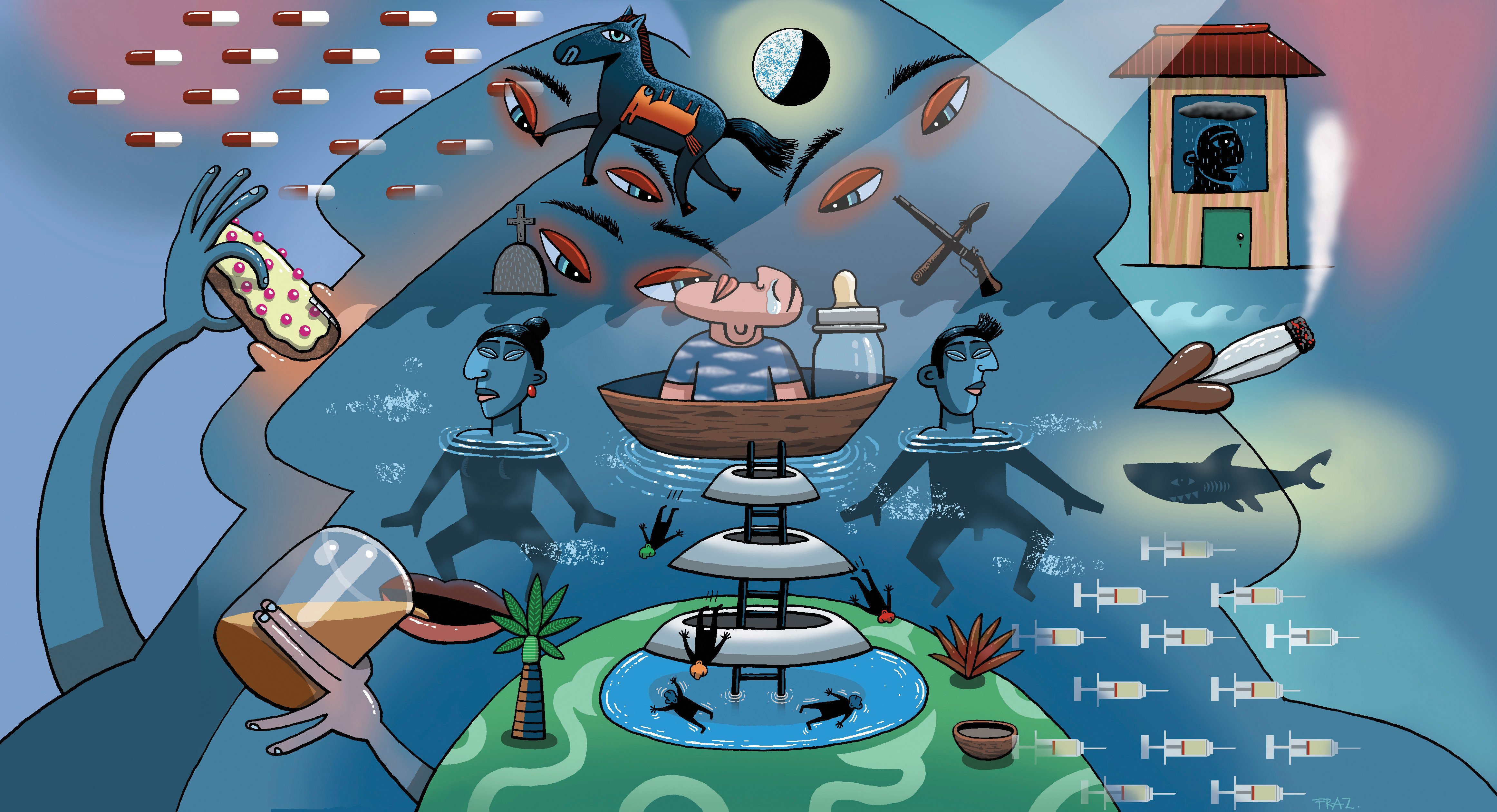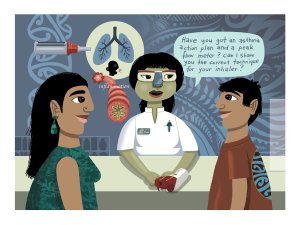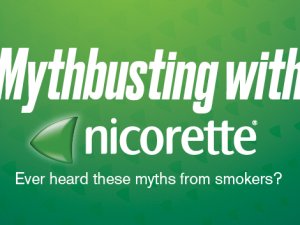Academic pharmacist Nataly Martini discusses the medical management of asthma in adults and adolescents, which has evolved to prioritise early anti-inflammatory treatment. She also explains how to improve patient outcomes by proactively identifying poor asthma control and supporting equitable access to education and treatment
CLASStime: Trauma-informed care
Wednesday 1 March 2023, 01:18 AM

[Image: Fraser Williamson]
Trauma-informed care is a framework that recognises the need to have a complete picture of a patient’s life to provide them with effective healthcare. It begins with an awareness of what trauma is and how it affects health and wellbeing. Here, Anna Elders challenges you to purposefully focus on the discovery, validation and support of trauma in your patients
Our suite of CLASS activities provides meaningful independent and peer group learning that you can put into action, while helping you complete your an
Kia ora and welcome to Pharmacy Today Kaitiaki Rongoā O Te Wā
Not a subscriber? Unlock this article by subscribing here.
References
- Felitti VJ. The relation between adverse childhood experiences and adult health: Turning gold into lead. Perm J 2002;6(1):44–47.
- Read J, Harper D, Tucker I, et al. Do adult mental health services identify child abuse and neglect? A systematic review. Int J Ment Health Nurs 2017;27(1):7–19.
- Brown DW, Anda RF, Tiemeier H, et al. Adverse childhood experiences and the risk of premature mortality. Am J Prev Med 2009;37(5):389–96.
- Reuben A, Moffitt TE, Caspi A, et al. Lest we forget: comparing retrospective and prospective assessments of adverse childhood experiences in the prediction of adult health. J Child Psychol Psychiatry 2016;57(10):1103–12.
- Felitti VJ, Anda RF, Nordenberg D, et al. Relationship of childhood abuse and household dysfunction to many of the leading causes of death in adults. The Adverse Childhood Experiences (ACE) Study. Am J Prev Med 1998;14(4):245–58.
- Purkey E, Patel R, Beckett T, et al. Primary care experiences of women with a history of childhood trauma and chronic disease: Trauma-informed care approach. Can Fam Physician 2018;64(3):204–11.
- Read J, Hammersley P, Rudegeair T. Why, when and how to ask about childhood abuse. Adv Psychiatr Treat 2007;13(2):101–10.
- Te Pou o te Whakaaro Nui. The physical health of people with mental health conditions and/or addiction: Summary evidence update. Auckland, NZ: Te Pou o te Whakaaro Nui; 2017.
- Walsh M, Joyce S, Maloney T, et al. Adverse childhood experiences and school readiness outcomes: results from the Growing Up in New Zealand study. N Z Med J 2019;132(1493):15–24.
- Walters KL, Mohammed SA, Evans-Campbell T, et al. Bodies don’t just tell stories, they tell histories: Embodiment of historical trauma among American Indians and Alaska Natives. Du Bois Rev 2011;8(1):179–89.
- Walsh MC, Joyce S, Maloney T, et al. Exploring the protective factors of children and families identified at highest risk of adverse childhood experiences by a predictive risk model: An analysis of the growing up in New Zealand cohort. Child Youth Serv Rev 2020;108:104556.
- McClintock K, Haereroa M, Brown T, et al. Kia Hora te Marino: Trauma Informed Care for Māori. Wellington, NZ: Te Rau Matatini; 2018.
- Brooks M, Barclay L, Hooker C. Trauma-informed care in general practice: Findings from a women's health centre evaluation. Aust J Gen Pract 2018;47(6):370–75.





